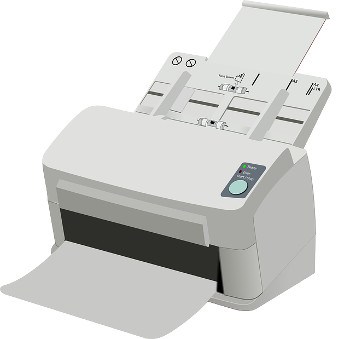In this lesson, you will learn the meaning of these common phrasal verbs:
- carry out
- carry on
- call off
- call back
- fill out
- hold on
- sort out
- hand in
carry out something
= to do something.
= to complete something.
Examples:

We need to carry out more research into the effects of pollution.
The doctor carried out an x-ray on the patient.
carry on
= to continue doing something.
Form: carry on + ING form
Examples:

I told him to rest but he carried on running!

Teacher: The lesson has not finished. Carry on reading.
Jane: What are you going to do tomorrow?
Mark: I’m going to carry on painting the living room.
call off something
= to decide that a planned event will NOT happen.
= to end an activity because it is no longer useful or possible.
= to cancel an event.
Examples:

They have called off the football match because of bad weather. (active voice)
The football match has been called off because of bad weather. (passive voice)
Jane and Mark have called off the wedding.
The concert has been called off. (passive voice)
call someone back
= to telephone someone who has telephoned you.
= to return a phone call to someone.
Examples:

Jane: Hi Sarah how are you?
Sarah: Hi Jane. I’m busy. I will call you back later.
Mark: Did you call the company about the job?
David: Yes, but they didn’t call me back.
fill out a form
= to complete a form.
= to write information in the blank spaces of a form.
Examples:

Please fill out the application form.
I filled out a form for life insurance.
hold on
= to wait for a short time.
Examples:
Mark: Are you ready to go out?
Jane: No, hold on a few minutes.

It’s raining. Hold on, I’ll get my umbrella.
Dentist: When are you available for the appointment?
Patient: Hold on please, I’ll check my diary.
sort out something
= to solve a problem.
= to manage a difficult situation.
Examples:

We need to sort out the problem with the printer.
Mark: There is a problem with the electricity.
Electrician: Don’t worry. I will sort it out.
hand in something
= to give something to someone in a position of authority.
= to submit something.
Examples:

Teacher: Don’t forget to hand in your answer sheet.
We handed in the keys at reception.
I found a wallet on the train. I handed it in at the station.

